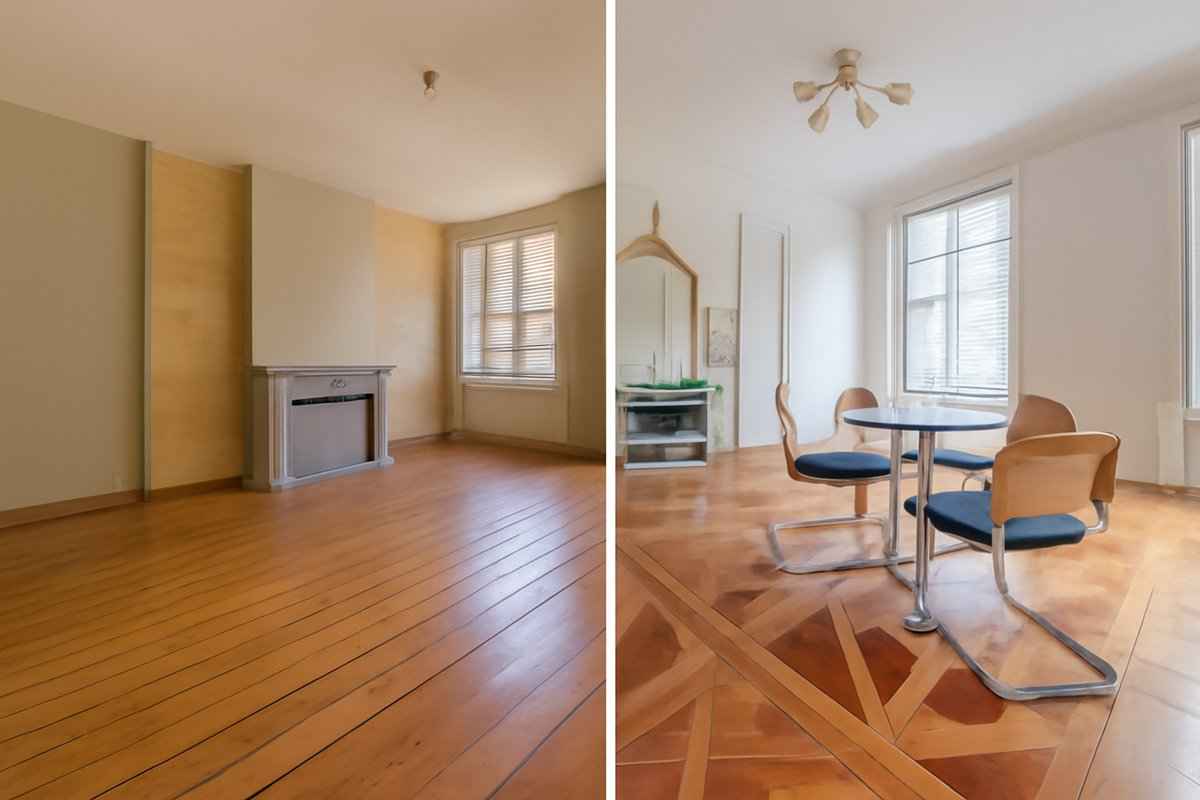2023-10-18
Pacs vs Marriage: Which is the Best Choice for Your Property Purchase?
Pros and Cons of a Pacs vs Marriage When Buying Property

History and Context
To better understand the difference between marriage and PACS, and their legal implications for property purchases, it is useful to look back at their origins.
Key Dates in Civil Unions
The recognition of civil marriage dates back to the aftermath of the French Revolution of 1789. It was established by the law of September 20, 1792, and the Civil Code of 1804 set out its conditions.
The PACS was introduced in 1999 by the law of November 15 of that year. It was created to provide couples—whether same-sex or opposite-sex—with a recognized legal framework without challenging the institution of marriage.
Since the recognition of same-sex marriage in 2013, all adults, regardless of gender, can now choose between PACS and marriage to govern their shared life.
The Evolution of Tax and Property Regimes
In France, married couples may freely choose their matrimonial regime by drafting a marriage contract. In the absence of such a contract, the default regime is the community of property reduced to acquisitions (communauté réduite aux acquêts), in place since the law of July 13, 1965.
For couples who entered into a PACS after 2007, the separation of property regime applies by default. This means that no real estate acquired is jointly owned. In such cases, when the couple purchases a property together, each person owns a share proportional to their financial contribution. For PACS signed before 2007, the default regime was joint ownership (indivision).
Advantages and Disadvantages of a PACS for Property Purchase
Advantages:
- Easier to enter into: Since a PACS is simpler to establish, it allows couples to quickly and easily obtain a legal framework to manage their real estate assets.
Simplified property division: In the event of dissolution, the division of property is straightforward, as each partner retains full ownership of what they acquired individually before and during the PACS.
Possibility of joint purchase: Couples under a PACS can still purchase property together. In this case, each partner owns a share of the house or apartment in proportion to their financial contribution.
Option of joint ownership (indivision): Couples may expressly choose the indivision regime, under which all property acquired during the PACS is considered jointly owned, in equal parts, even if the partners contributed unequally to its acquisition.
Disadvantages
Right to housing: In the event of death, the surviving partner benefits from a temporary right to occupy the main residence for one year after their partner’s death. However, they are denied lifelong occupancy rights, meaning they cannot remain in the family home until their own death.
Recognition abroad: Many foreign countries do not recognize the PACS. This means a PACS partner may be considered a legal stranger under the laws of their partner’s country.
- Inheritance: In the event of one partner’s death, the surviving partner has no automatic inheritance rights. Their status as heir must be explicitly stated in the deceased’s will.
- Stronger protection in case of death: If one spouse dies, the surviving spouse is automatically considered a legal heir, even in the absence of a will.
- Shared ownership under the community property regime: In the standard community of property reduced to acquisitions regime, each spouse is considered to own 50% of any property acquired during the marriage, regardless of their individual financial contribution.
- Tax benefits: Married couples benefit from an exemption from inheritance tax as well as an allowance of €80,724 for gifts or donations between them.
- International recognition: Marriage is a globally recognized institution and is governed by international family law.
- More complex administrative formalities: Marriage requires stricter procedures, such as mandatory public notice and the presence of witnesses.
- Joint liability for debts: If the couple has chosen the community property regime, loans or debts contracted by one spouse are binding on the other.
- Potentially more complex and costly divorce: Neither spouse can unilaterally end the union. Divorce must result either from mutual agreement (divorce by mutual consent) or from litigation (contested divorce). In all cases, court proceedings may be required.
Advantages and Disadvantages of Marriage for Property Purchase
Advantages
Purchase in joint ownership (indivision): Each partner owns a share of the property (house or apartment) proportionate to the contribution recorded in the joint ownership agreement. Note that this arrangement differs from the default indivision regime.
- Purchase with a tontine clause: This clause ensures that the surviving partner (whether in a PACS, cohabitation, or other arrangement) becomes the full owner of the property.
- Purchase through an SCI (Société Civile Immobilière): Each partner contributes to the capital of the SCI. The property is purchased in the name of the SCI, with the couple acting as managers. They may stipulate that they occupy the property free of charge or as tenants. This structure makes it easier to manage the property if one partner dies or decides to withdraw from the project.
Comparison: PACS vs Marriage in the Context of Property Purchase
Impact on Property Ownership
For a legally married couple, each spouse automatically owns an equal share of any property acquired during the marriage. By contrast, a PACS establishes a separation of assets between partners. However, these provisions can be legally adjusted through different purchase arrangements:
Impact on Loans and Bank Guarantees
For couples with the same repayment capacity, banks generally grant mortgage loans more easily to married couples, given the debt solidarity between spouses. However, other criteria—such as guarantees, personal contribution, and the borrowers’ professional situation—are also decisive in loan approval.
Tax Implications
Both married and PACS couples are subject to joint taxation on income earned during the union. Exceptionally, they may opt for separate taxation on income earned individually in the year of marriage or PACS.
When jointly taxed, each partner is jointly and severally liable for income tax and the wealth tax, as well as for the housing tax if they live in the same property.
Interested in learning more and investing in properties in Bordeaux?
Do not hesitate to contact one of our specialized consultants at our real estate agency in Bordeaux.


